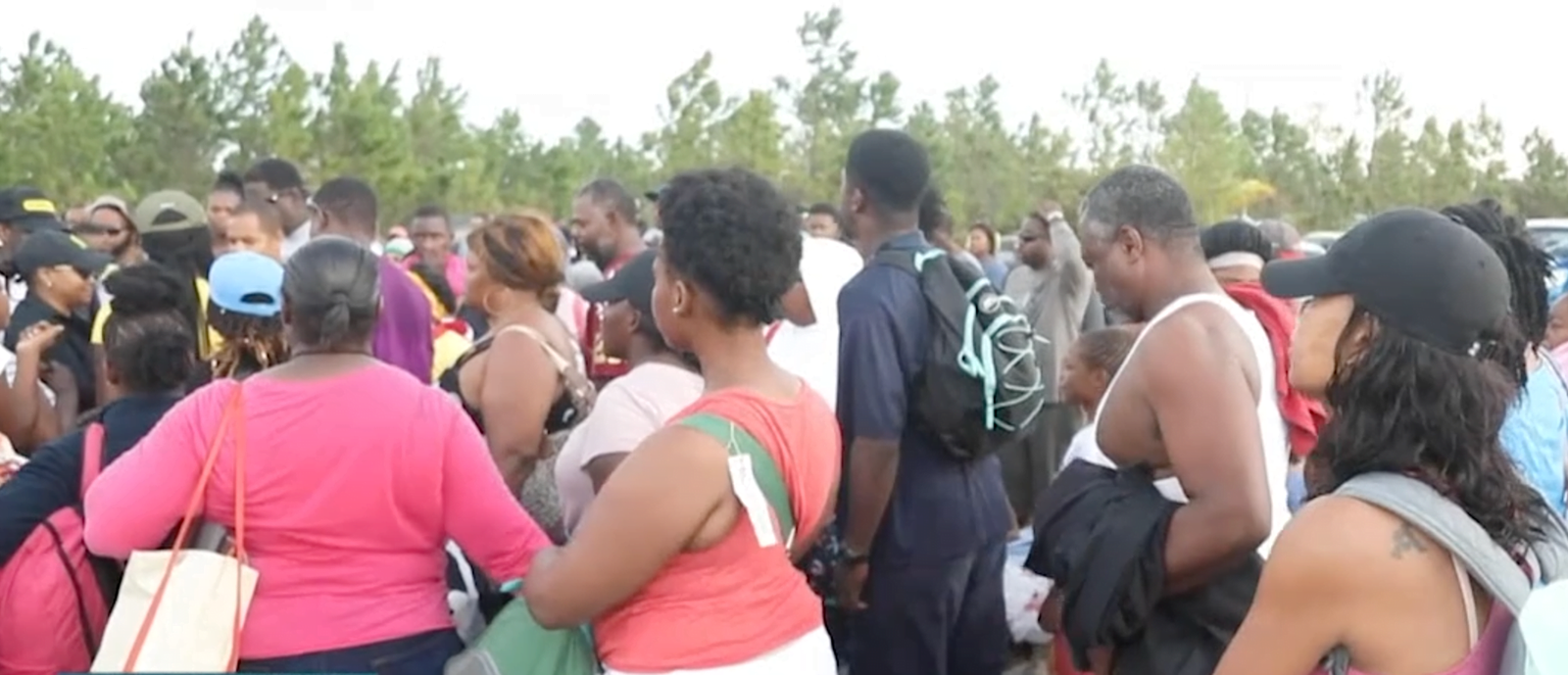NASSAU, BAHAMAS- Health officials have suggested the merging of Hurricane Dorian shelter victims has presented a challenge with scabies.
According to a recent Ministry of Health Situation Report, 296 people were treated for scabies, as of last Tuesday.
“[There are] persons complaining of itching at Kendal Issacs Gym,” the October 25 report said.
“Merging of shelterees may have presented challenges with scabies.”
As of Sunday, there were five shelters operating on two sites.
Two hundred and ninety-four people were being housed in the Kendal G.L. Isaacs Gymnasium, while another 346 were spread across three large tents on the site: 136 in tent ‘A’, 103 in tent ‘B’ and 107 in tent ‘C’.
The Calvary Baptist Church on West Avenue, which had been housing storm victims, was deactivated as a shelter site last Friday, according to Department of Social Services Deputy Director Kim Sawyer, who noted that at the time of deactivation there were 47 people there.
Thirty-eight of those storm survivors transferred to the gymnasium.
The skin infestation happens when microscopic mites lay eggs, leading to severe itching.
Numerous evacuees from Abaco and Grand Bahama have described shelters conditions, particularly at the gymnasium, as cramped and exposed, with families sharing several mattresses on the ground just feet away from strangers.
However, those canvassed by Eyewitness News Onlinehave expressed they have little choice after losing everything, including their homes, to the storm which leveled communities in Abaco and Grand Bahama on September 1-3.
As a part of its draft resolution and action plan, the Ministry of Health said it would distribute material on scabies. However, the plan noted there were challenges with dissemination given the need to increase the listing of government phone numbers for broadcasting; funding for airing messages on other media channels; and a “lack of presence on social media”.
The MOH plan included printing posters on the boat to Abaco, facilitating health teams to continue to provide education and promotion sessions at shelters along with personnel from AIDS Centre and the Diabetic Association and HED; and exploring HIV testing at shelters.
Under challenges, the report noted: “Dissemination of health education materials to Abaco and Grand Bahama, coordination of health education at shelters, transportation to distribute posters to the shelters, social services and the boat, and equipment (poster producing machines still down in Communication Unit and HED).
At the time of the report, there were no communicable disease surveillance issues.
The report noted challenges with getting weekly reports from the Abaco clinic.






